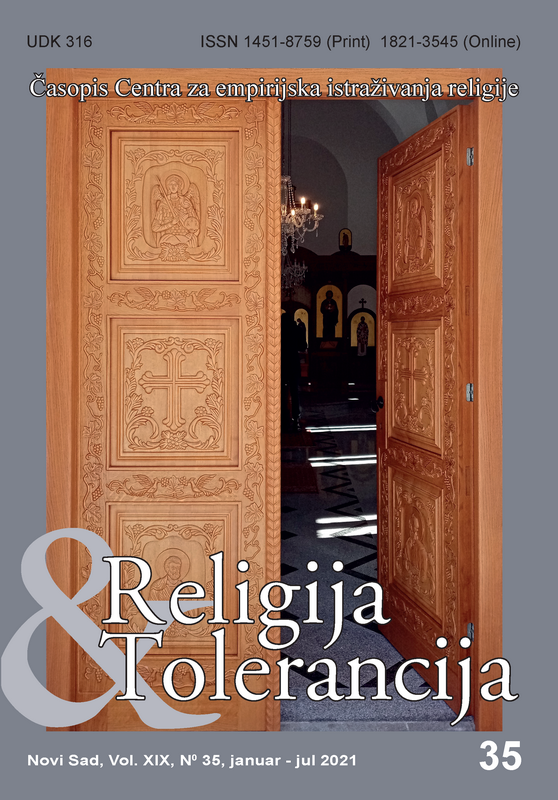INTERRELIGIOUS DIALOGUE AND FEELINGS OF SHAME AND PRIDE ABOUT STATE POWER: A JEWISH CONTRIBUTION
INTERRELIGIOUS DIALOGUE AND FEELINGS OF SHAME AND PRIDE ABOUT STATE POWER: A JEWISH CONTRIBUTION
Author(s): George R. WilkesSubject(s): Jewish Thought and Philosophy, Politics and Identity
Published by: Centar za empirijska istraživanja religije (CEIR)
Keywords: shame; pride; Christian-Jewish dialogue; peace building
Summary/Abstract: This essay reflects on the place of shame and pride in interreligious dialogue, focusing on the decades of progress in Christian-Jewish dialogue after the Holocaust and the establishment of the State of Israel. This dialogue has demonstrated what many attempts at dialogue do: dialogues develop in historical contexts marked by the use of power, and partners in dialogue seek a kind of recognition that requires an equality that historic power relationships have obstructed. Feelings of shame and pride have a place at the table even where partners seek to construct an interreligious dialogue that is non-political and separated from historic tensions. Jewish partners to Christian-Jewish dialogue have brought resources from their own religious tradition to engage with these feelings, often centred on their own agency and responsibility, instead of matching the discourses about historic Christian power that have been central in the recent history of Christian-Jewish dialogue. The essay indicates how engaging with responses that reflect such subjective feelings can strengthen efforts to build peace through interreligious solidarity, even where dialogues are intended to focus participants on advancing an agenda identified instead with agreements based on principles and reason.
Journal: Religija i tolerancija
- Issue Year: 19/2021
- Issue No: 35
- Page Range: 155-172
- Page Count: 18
- Language: English

